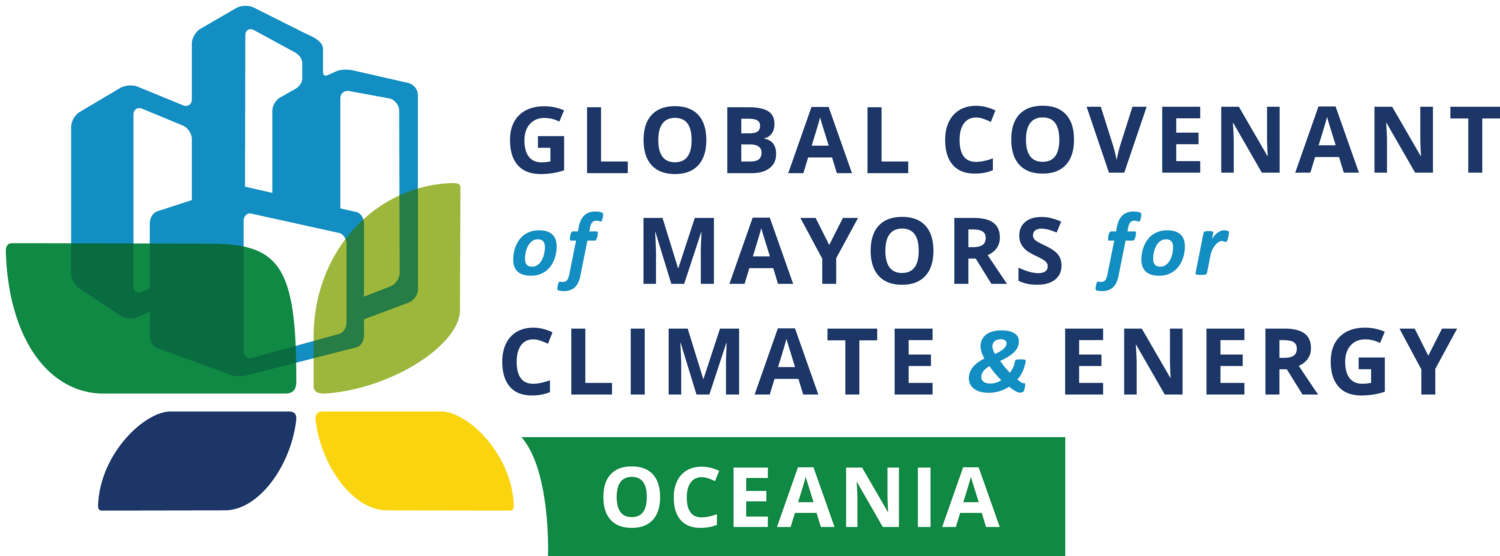Paris Agreement
The adoption of the Paris Agreement in December 2015 marked a new chapter for international cooperation on climate. All member states are bound to the agreement under international law. The agreement not only entails measures aimed at cutting back emissions and adapting to the impacts of climate change but also addresses climate financing, technology transfer, capacity building at the individual, organisational and societal levels, and mechanisms for ensuring transparency.
For the very first time, all member states that ratified the agreement have been required, without exception, to formulate a nationally determined contribution (NDC) and to submit regular reports in accordance with a newly developed transparency mechanism.
Another cornerstone of the Paris Agreement is a mechanism geared to narrowing the ambition gap. This gap refers to the difference in the global rise in temperatures currently targeted by individual nations in their NDCs and the United Nations’ long-term goal of limiting this rise to well below 2°C or even to under 1.5°C, if possible. In order to close this ambition gap, all states have been called upon to enhance their NDCs every five years. (Source: GIZ, https://www.giz.de/en/worldwide/57478.html)











